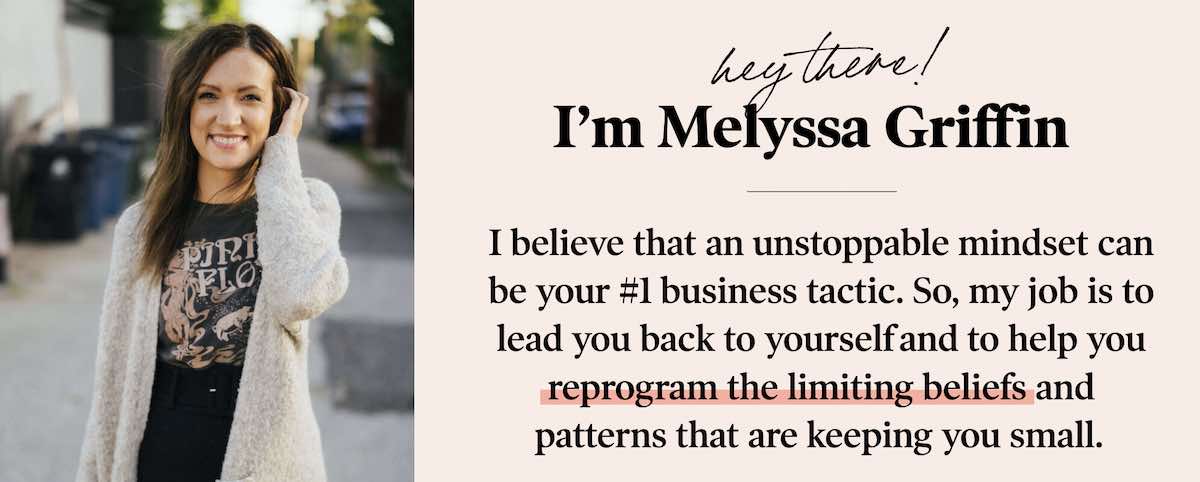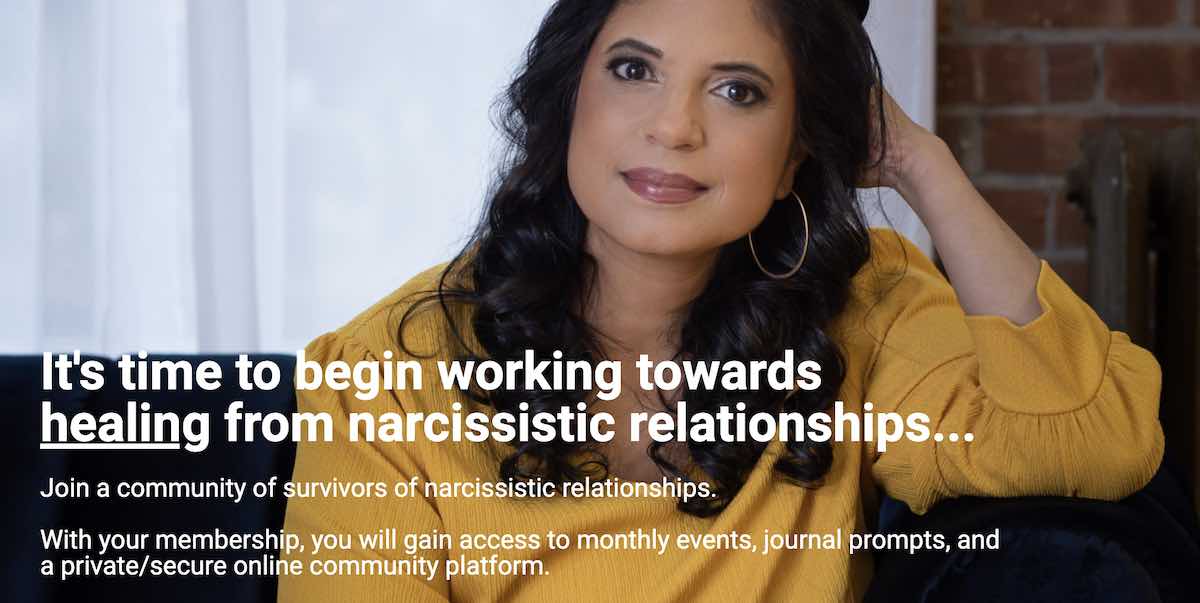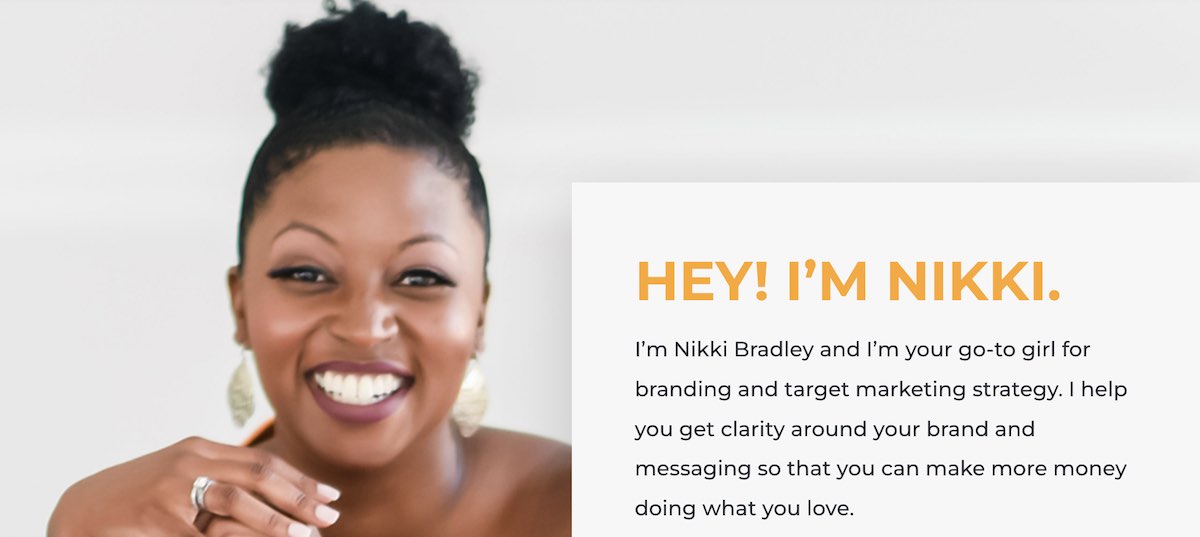Many people seek transformational coaching to make long-lasting improvements in their lives and careers. In fact, life coaching—a type of transformational coaching—is one of the fastest-growing industries in the United States.
In this article, you’ll explore everything you need to know about being a transformational coach, including examples and tips to start your own coaching business.
What is transformational coaching?
Transformational coaching encourages individuals to dig deep and better understand who they are and what they want to live a more fulfilling, rounded life. The transformational coaching model focuses on Psychologist Abraham Maslow’s idea of self-actualization, the desire to live up to one’s fullest potential, as a fundamental human need.
To foster long-term success, transformational coaches help clients self-reflect on challenges, values, strengths, and life goals. Coaching can occur one-on-one or in a small group and lasts several sessions.
Coaching niches that often use the transformational approach include:
Transformational coaching vs transactional
Transactional focuses on actions like getting a new job, becoming an Olympic athlete, or paying off your credit card debt.
Transformational coaching focuses on personal development. Clients can accomplish goals like those listed above, but they should also grow as a person. Instead of only focusing on paying off debt, a transformational coach would also help clients with their relationship with money. Coaches and clients would work together to build healthier habits when it comes to finance and life in general.
It’s about helping clients become their best selves outside of the main goal or achievement they’re focusing on.
Examples of transformational coaches
Many Teachable creators have coaching businesses and earn an income helping others improve their life. Some help clients make lifestyle changes for a fulfilling career, while others support clients in overcoming trauma to focus on their dreams.
To help you decide if this is the right type of coaching for you, let’s look at some Teachable examples.
Melyssa Griffin
Melyssa Griffin is a transformational coach who helps entrepreneurs take their work and mindset to the next level. Not only does she offer business success tips, but she also coaches clients to identify and reprogram limiting beliefs. In her six-month coaching program, she helps individuals build a solid foundation to become who they want to be and reach their goals.

Dr. Ramani
Dr. Ramani is a licensed clinical psychologist who’s transitioned her therapy work to coaching survivors of narcissistic relationships. Through her coaching program, she offers resources and support for clients on their healing journey. She’s helped clients heal by covering topics like:
- Rewriting and revising narratives: Empowering individuals to re-examine the stories they tell themselves about past situations to feel better and move forward.
- Practicing self-compassion: Helping clients overcome negative self-talk by being less self-judgmental and kinder to themselves.

Nikki Bradley
Nikki Bradley is a business coach who uses a transformational approach to help entrepreneurs succeed. In her coaching sessions, she works with individuals to define who they are and get clarity on goals to create long-term plans. Her primary focus is helping her clients develop processes and marketing strategies that lead to desired results.

When do coaching clients need transformational coaching?
Transformational coaching is for anyone committed to making lasting, healthy changes that will improve their lives. When someone works with a transformational coach, they develop attitudes, behaviors, and habits necessary for meeting their goals.
Most people can benefit from working with a transformational coach. Clients can learn how to:
- Overcome limiting beliefs or imposter syndrome
- Deal with significant life changes
- Change repeat patterns of behavior
- Find clarity on what they want in life
- Identify values and beliefs
- Develop habits for meeting desired goals
How does a transformational coach work with their client?
The best, longest-lasting coaching results include active listening and focus on client strengths. In general, transformational coaches can help clients:
- Better understand challenges, talents, and goals
- Develop a growth mindset
- Identify and build the habits they need for a fulfilling life
Here are some tips to help you practice transformational coaching with your clients.
1. Uncover your client’s goals and challenges
When you begin working with clients, get to know their goals and challenges. This helps you discover how to best support your clients in achieving the results they’re looking for or need for more fulfillment.
The best way to learn about your clients is by having them complete a client intake form. Specific questions depend on your specialty and who you’re helping. Examples include:
- What does success look like for you?
- What is your biggest strength?
- What would you like to change or accomplish in your life or business?
- What have you already done to move towards your goals?
- What has prevented you from reaching your goals in the past?
You can create an intake form with Teachable’s coaching platform.
Some coaches also offer discovery calls with potential clients who aren’t sure if transformational coaching is right for them. You can use this time to discuss how you can help them and learn more about their goals and challenges.
2. Practice active listening and emotional intelligence
As a transformational coach, you often act as a guide rather than a problem solver.
Actively listening to your clients and practicing emotional intelligence gives them a safe space to learn more about themselves and uncover their potential.
Research also shows that effective listening is essential for cultivating trust, motivation, and results.
When you’re working with clients, this can look like:
- Showing you’re listening through eye contact and other gestures
- Asking thought-provoking questions
- Withholding judgment
- Summarizing what your client is discussing to ensure understanding
- Encouraging them to discover ideas and solutions before sharing yours
3. Help them overcome limiting beliefs or other challenges
Many coaching clients struggle to be their best selves and meet goals because of limiting beliefs and other challenges like self-doubt. Your client may or may not already be aware of these.
Your objective through coaching sessions is to help your clients get clear on their struggles to overcome them and effectively work towards long-term goals and fulfillment.
You can support your coaching clients in overcoming these challenges by helping them:
- Find the root of the problem: They may have these struggles due to past experiences, social influences, or personal fears.
- Challenge the limiting beliefs: Ask questions like, “Are there facts that support these beliefs?”
- Adopt new beliefs: Encourage them to believe more practical ideas.
- Put their new beliefs into action: For example, if their limiting belief was “I don’t deserve to be happy,” you might support them in focusing on positive affirmations.
4. Identify areas of improvement and build on strengths
The transformational coaching style focuses on positive psychology, which aims to improve a person’s quality of life by identifying positive experiences and traits. Research shows positive psychology increases motivation to make changes, the probability of achieving goals, and a sense of life direction.
Your clients might not always know what their strengths are. To help them identify these, you can ask self-reflective questions like:
- What’s an accomplishment you’re proud of?
- What activities do you enjoy?
- What’s a compliment you’ve gotten?
Then, you can support your client to identify how they can use their strengths to work towards growth.
For example, a financial coach working with a client who wants to be debt-free can help them pinpoint related strengths. Then, use these strengths to support the client in discovering ways to manage finances better and make necessary changes to achieve new goals.
5. Build a long-term plan to make (and commit to) lifestyle changes
A plan is necessary for making long-lasting, positive lifestyle changes. This is also a transformational coach’s ultimate goal for clients.
Once you know your client’s struggles, goals, and strengths, you can help them create a plan for lifelong success. Because you want their plan to be attainable for them, it’s essential to let them take the reins as you guide them.
Here are some ways you can help your client build their long-term plan:
- Discuss a clear vision for their life.
- Get specific on what habits they’ll adopt to support their goals.
- Use the SMART goal-setting technique if applicable.
For example, Quanisha Green coaches black women to build confidence and grow a successful business. During the planning phase, she provides clients with relevant tools and resources that help turn their expertise into a successful business.
Become a transformational coach with Teachable
Transformational coaching is an excellent income opportunity for those who enjoy helping others.
If you’re considering becoming a coach, Teachable makes setting up your business and supporting your clients easy.
As a no-code platform, Teachable lets coaches create, sell, and manage all aspects of their business. We also support additional income streams like courses and digital downloads so you can expand your offerings.
Start today by signing up for Teachable’s free plan.
Join more than 150,000 creators who use Teachable to make a real impact and earn a real income.


